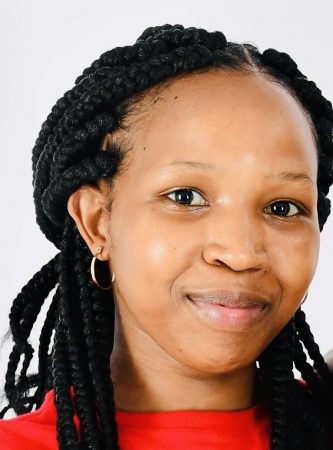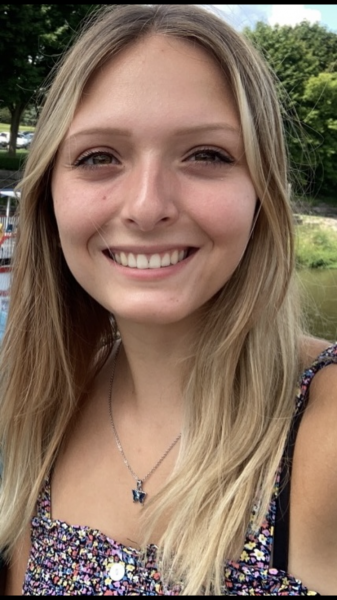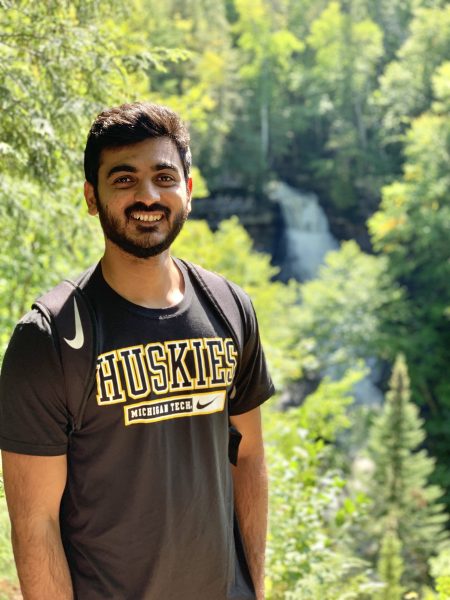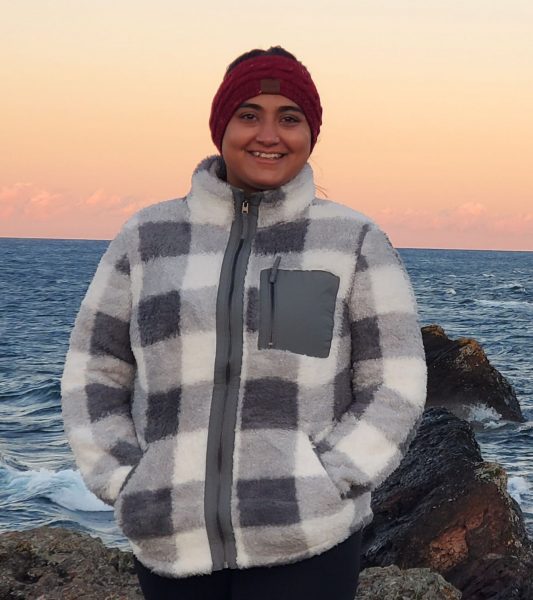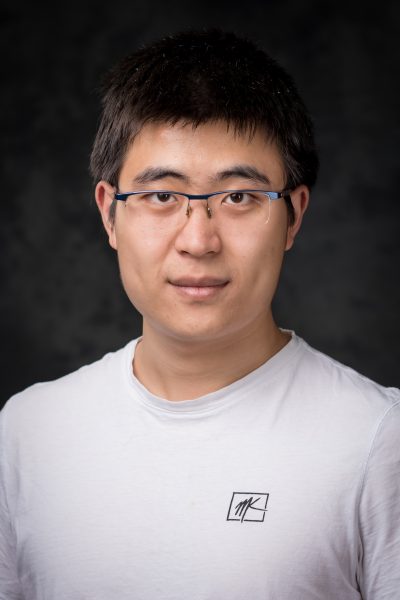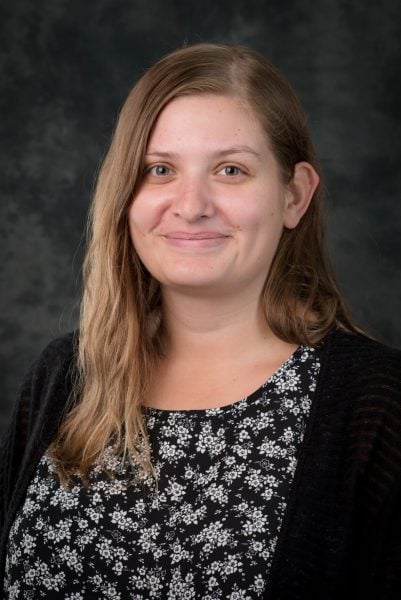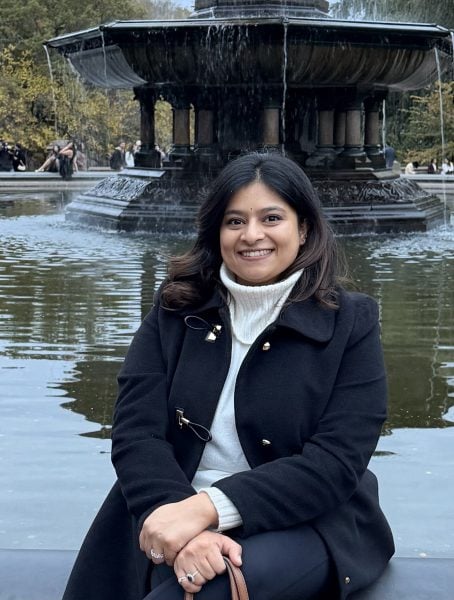
From an early age, I was deeply fascinated by biology. Growing up, I witnessed how health challenges can affect individuals and families, which inspired me to pursue a path where I could contribute directly or indirectly to improving patients’ lives. That motivation has been the driving force behind my journey in science and research. Early in my academic career, I completed several internships at national research laboratories in India, followed by a semester-long internship at the South Dakota School of Mines in the United States. These experiences gave me a hands-on exposure to biological research and strengthened my passion for developing healthcare-related solutions.
Although I never considered myself an exceptional student, I have always carried an unwavering curiosity and determination to learn. Pursuing a PhD once felt like a distant dream, but today, as I stand on the threshold of completing it, that dream feels within reach. My doctoral research at Michigan Technological University, under the guidance of Dr. Caryn Heldt and Dr. Stephen Techtmann, focuses on understanding how viruses interact with antiviral materials and how these mechanisms can be harnessed to design safer, more effective antiviral technologies.
As I write this, I am completing a co-op at Regeneron Pharmaceuticals, where I am applying the skills and scientific mindset developed as a research assistant under Dr. Heldt and Dr. Techtmann to real-world biopharmaceutical research. This experience has been instrumental in bridging the gap between academic research and industrial application, deepening my appreciation for how fundamental science translates into tangible health solutions.
Throughout my PhD journey, I have been fortunate to represent Michigan Tech at an international workshop in France, present my research at scientific conferences, and collaborate with multidisciplinary teams. Each of these experiences has strengthened my confidence, broadened my perspective, and reaffirmed my passion for scientific discovery and innovation.
My time at Michigan Tech and in the Keweenaw Peninsula has been an incredibly rewarding chapter of my life. The opportunities, mentorship, and friendships I’ve found here have shaped me both personally and professionally. I am especially grateful to my advisors, Dr. Caryn Heldt and Dr. Stephen Techtmann, for their continued support, encouragement, and belief in my potential throughout this journey. I also extend my sincere thanks to the Graduate Dean Awards Advisory Panel for awarding me the Doctoral Finishing Fellowship, which will allow me to focus on completing my dissertation and taking the next steps toward my career goals. This recognition is truly meaningful and marks an important milestone in my lifelong goal of using science to help others.
